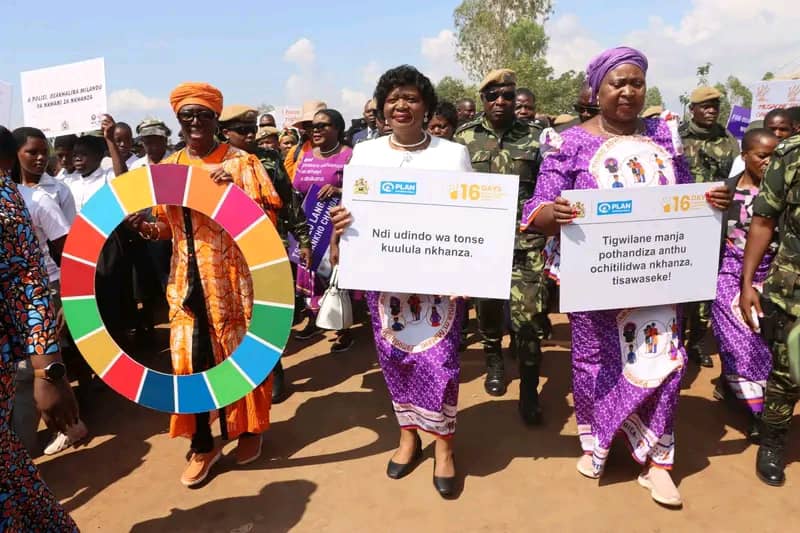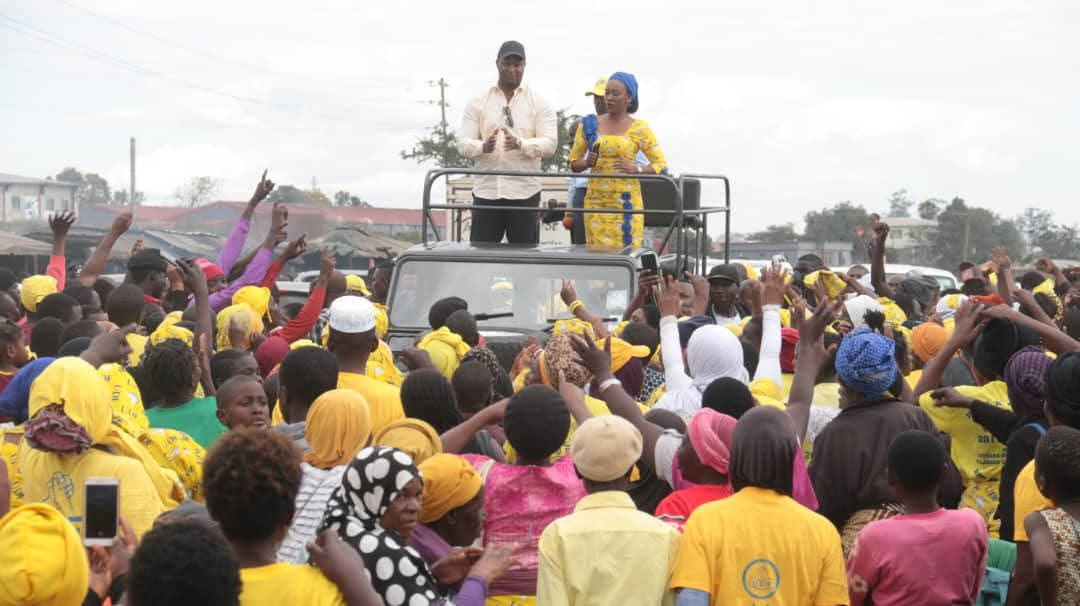By Twink Jones Gadama
The Malawi Congress Party (MCP) has long been a significant player in the political landscape of Malawi, but its legacy is marred by a series of tragic events that have raised serious questions about its integrity and governance. The recent plane crash that claimed the lives of Vice President Saulos Chilima and eight others has reignited discussions about the party’s history of accidents and the shadowy circumstances surrounding them. This analysis seeks to explore the troubling legacy of the MCP, highlighting the need for Malawians to reconsider their support for a party that has been synonymous with tragedy, deceit, and a lack of accountability.
The MCP’s history is steeped in controversy, dating back to its founding in the early 1960s. Initially celebrated for its role in the fight for independence from British colonial rule, the party quickly became associated with authoritarianism under the leadership of Hastings Kamuzu Banda. Banda’s regime was marked by human rights abuses, political repression, and a cult of personality that stifled dissent and silenced opposition. The legacy of this oppressive rule continues to haunt the party, as many Malawians remember the dark days of Banda’s dictatorship, which left deep scars on the nation’s psyche.
In recent years, the MCP has attempted to rebrand itself as a progressive force for change, but its actions have often contradicted this narrative. The party’s involvement in staged accidents, such as the infamous incident where four ministers and an MP were reported to have been involved in a car crash while allegedly fleeing from a political scandal, raises serious ethical questions. The truth behind that incident revealed a far more sinister reality: the ministers were brutally murdered, a fact that the MCP has never fully addressed. This pattern of deception and manipulation has eroded public trust in the party and its leadership.
The recent plane crash that killed Vice President Chilima and several others is another tragic chapter in the MCP’s history. While the official reports surrounding the crash have been released, they have left many questions unanswered. The circumstances leading up to the crash, the lack of transparency in the investigation, and the party’s response have all contributed to a growing sense of unease among the populace. The MCP’s failure to provide clear and credible explanations has only fueled speculation and conspiracy theories, further damaging its reputation.
The repeated association of the MCP with accidents and tragedies raises concerns about the party’s governance and accountability. In a democratic society, political parties are expected to uphold the rule of law, promote transparency, and prioritize the welfare of their citizens. However, the MCP’s history suggests a troubling disregard for these principles. The party’s willingness to engage in deception and manipulation to maintain power reflects a broader culture of impunity that undermines the democratic process.
Moreover, the MCP’s legacy is not just about individual incidents; it is also about the broader impact of its governance on the nation. Under the party’s leadership, Malawi has faced numerous challenges, including economic mismanagement, corruption, and a lack of basic services. The party’s inability to address these pressing issues has left many Malawians disillusioned and frustrated. The promise of progress and development has often been overshadowed by a history of broken promises and failed policies.
As the nation approaches the next election cycle, it is crucial for Malawians to critically assess the legacy of the MCP and its suitability for leadership. The party’s history of accidents, tragedies, and questionable governance should serve as a warning sign for voters. A political party that has consistently demonstrated a lack of accountability and transparency cannot be trusted to lead the nation toward a brighter future.
The need for change in Malawi is more pressing than ever. The country faces significant challenges, including poverty, unemployment, and inadequate healthcare. To address these issues effectively, Malawi requires a leadership that prioritizes the needs of its citizens, promotes good governance, and fosters a culture of accountability. The MCP’s track record suggests that it is ill-equipped to meet these challenges.
In contrast, alternative political parties and leaders have emerged, offering fresh perspectives and a commitment to genuine reform. These new voices represent an opportunity for Malawians to break free from the cycle of tragedy and deceit that has characterized the MCP’s legacy. By supporting leaders who prioritize transparency, accountability, and the welfare of the people, Malawians can work toward a brighter future for their nation.
In conclusion, the Malawi Congress Party’s legacy is one of tragedy, deceit, and a troubling disregard for the principles of democracy. The repeated association of the party with accidents and questionable circumstances raises serious concerns about its governance and accountability. As the nation prepares for the next election, it is imperative for Malawians to critically evaluate the MCP’s history and consider the implications of supporting a party that has consistently failed to prioritize the needs of its citizens. The time for change is now, and the future of Malawi depends on the choices made by its people. It is time to reject the dark legacy of the MCP and embrace a new path toward progress and accountability.



